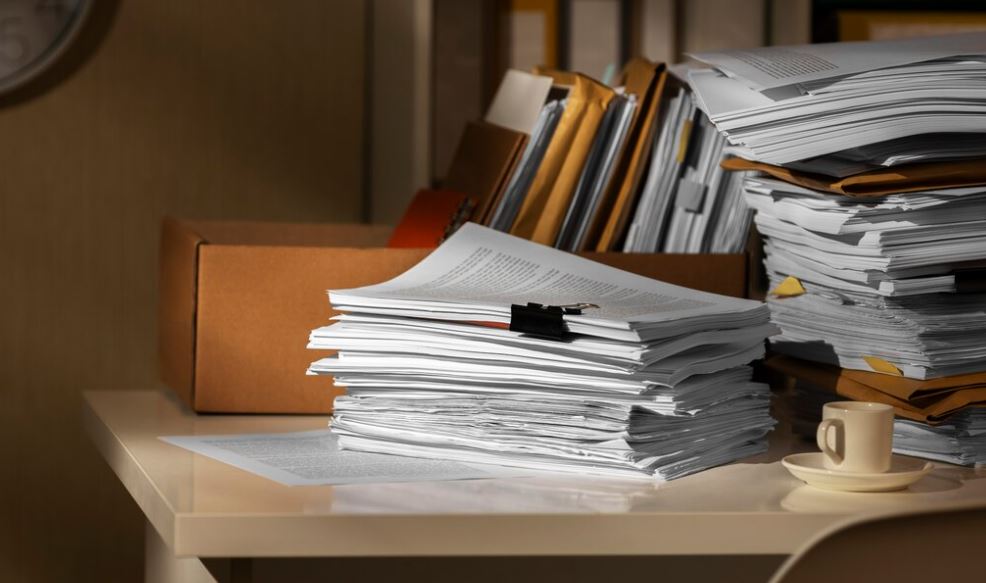International freight transport is more than just moving from point A to point B. It involves a series of crucial administrative formalities, which vary from country to country and depending on the type of goods being transported. Good management of these formalities is essential to avoid delays and additional costs. Here are the key steps and documents you need to know to successfully ship internationally.
1. Essential documents for international transport
When shipping goods abroad, certain documents are essential to ensure the smooth running of the operation. Among the most common are :
- The Bill of Lading: this document is one of the most important. It proves that the goods have been loaded on board and serves as a contract between the shipper and the carrier. The bill of lading also specifies the terms and conditions of carriage.
- The commercial invoice: this invoice is necessary to declare the value of the goods to customs. It must include precise information on the nature of the goods, their price and their destination.
- The Packing List: This document details the specifications of the goods shipped, including weight, volume, and quantity. It is used to facilitate customs and logistics checks.
- Certificate of origin: it certifies the origin of the products and may be required by certain customs authorities to determine whether the goods benefit from tariff preferences.
2. Customs formalities
Customs formalities constitute an essential step in international transport. They vary from country to country and require in-depth knowledge of local regulations. You must be able to provide the documents required for the goods to enter the country of destination, as well as for their exit from the country of origin.
Practical advices :
- Make sure you understand the duties and taxes that apply in the destination country. Some goods may be subject to high import taxes.
- Consider working with a customs broker to ensure that your declarations comply with local laws and that paperwork is completed without errors.
3. Product specific regulations
Certain types of goods, such as chemicals, foodstuffs or hazardous materials, may require specific authorizations before being shipped. It is crucial to inform yourself about these regulations to avoid any detention or destruction of goods by local authorities.
Examples :
- Food products: health certificates may be required to ensure that products meet the safety standards of the importing country.
- Chemical products: certain substances may be subject to specific restrictions or prohibitions according to international conventions.
4. The role of customs inspections
In some cases, goods may be subject to inspection by customs authorities. This inspection aims to verify that the contents of the cargo correspond to the documents presented. An inspection can delay the import process, hence the importance of accurate and complete documentation.
To do :
- Provide detailed and accurate product descriptions in your customs documents to minimize the risk of prolonged inspection.
- Prepare all necessary certificates in advance to avoid any delays due to missing documents.
5. Insurance for international transport
It is important to insure your goods against potential risks such as loss, damage or theft during transport. Depending on the value and destination of your goods, you can opt for different insurance coverages, ranging from basic policies to comprehensive coverage for all risks.
Recommendation :
- Evaluate the value of your goods and choose an insurance policy that adequately covers the risks associated with their international transport.
- Ask your logistics provider for advice on obtaining coverage tailored to your specific needs.
6. Tips to avoid common mistakes
Some common errors in international transport formalities can lead to delays, fines or even confiscation of goods. It is therefore essential to take a proactive approach to anticipate and avoid these common pitfalls.
Quelques erreurs à éviter :
- Providing incomplete or incorrect information in customs documentation.
- Underestimating the costs of customs duties and import taxes.
- Do not check the specific requirements of the destination country.
Conclusion
Compliance with international transport formalities is essential to guarantee the smoothness of your shipments. From preparing documents to managing customs formalities, including insurance and inspections, each step requires special attention. By following these tips, you can avoid delays and additional costs while ensuring compliance of your operations. Omnifreight stands by your side to support and guide you through every step of the process.

